The rise in racism, hate crimes and violence against Asians, Asian Americans and Pacific Islanders (AAPI) since the beginning of the pandemic has been exponential. The recent attack aimed at AAPI individuals in Atlanta that resulted in the death of eight people has once again highlighted the urgent need for conversations and activism around racial aggression and inequality. For AAPI families, there are immediate concerns about safety of themselves and their loved ones.
Resources for understanding racism against AAPI communities
Non-AAPI, particularly White, families need to continue to talk about racism, inequality and their own roles in the problem and solutions. None of us have the privilege of not discussing racism with our children until we reach the goal of an equitable society. Make time for your family to have ongoing discussions and experiences to foster a deeper understanding of racism in our country and what individuals can do to change it. These conversations create an environment where racist beliefs are less likely to fester. Although many resources have been developed for adults, it can be valuable to look through the resources below and identify those opportunities that can include children and provide opportunities to model anti-racist actions.
Families should take an active role in not only being against racism, but being anti-racist and educating themselves about ways they can intervene and make meaningful, real-time changes when they experience or witness racism. Some resources include:
- The recent spike in anti-Asian hate crimes and racism is directly associated with the erroneous blame for the coronavirus pandemic. The Learning for Justice website has excellent ideas for how to address this type of racism.
- PBS has a list of actions individuals and communities can take to fight violence and racism against AAPIs including supporting local AAPI groups, speaking out against hate crimes and reporting hate crime or incidents.
- Asian Americans Advancing Justice (AAJC) in partnership with Hollaback! is offering free bystander intervention and de-escalation trainings that talk about five strategies for intervention. Hollaback! also has a list of resources for AAPI as well as non-AAPI communities to further advance these causes.
- Asian Americans Advancing Justice has curated stories of first-hand experiences of racism, discrimination, violence and micro-aggression faced by AAPI individuals these days. The stories are real and some contents may be difficult for children to understand. However, these stories are important for parents to be aware of and discuss with children using language appropriate for their developmental level.
- Our article, Talking to kids about racism, has several strategies to address racism.
It is important to take time to learn more about racism and violence experienced by AAPI individuals in your community. In addition to these immediate and short-term steps, parents should proactively learn and teach, or learn together with children, the rich history of APPI people in the U.S., as well as the racism, discrimination and marginalization they have faced for decades and even centuries. Education should focus on the diversity of historical AAPI experiences and understanding of the different cultures and national, racial and ethnic identities within the AAPI communities.
Individual families can make small changes that can have a big impact of the issue of racism against AAPIs. Parents can learn and model these actions and engage their children in age and developmentally appropriate anti-racism activities. Advocate for and amplify the voices of AAPI community members to stop anti-Asian rhetoric and make our communities safer for AAPI individuals.
 https://riseandshine.childrensnational.org/wp-content/uploads/2024/11/boost-immune-system-feature.jpg
300
400
Danielle Robbins
https://riseandshine.childrensnational.org/wp-content/uploads/2017/11/childrens_riseandshine_logo.jpg
Danielle Robbins2024-11-19 15:04:122024-11-21 12:06:317 ways to boost your child’s immune system
https://riseandshine.childrensnational.org/wp-content/uploads/2024/11/boost-immune-system-feature.jpg
300
400
Danielle Robbins
https://riseandshine.childrensnational.org/wp-content/uploads/2017/11/childrens_riseandshine_logo.jpg
Danielle Robbins2024-11-19 15:04:122024-11-21 12:06:317 ways to boost your child’s immune system






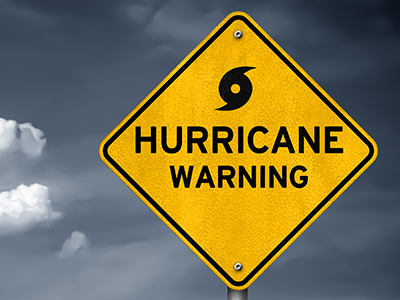


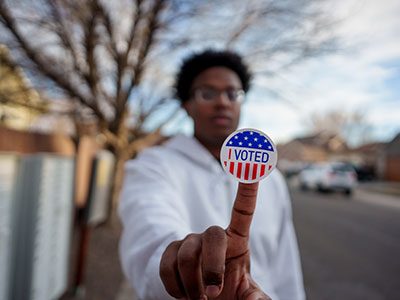
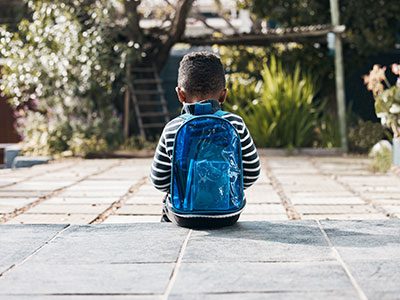





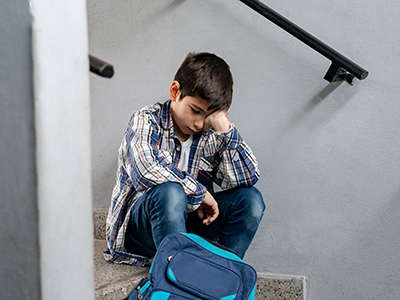
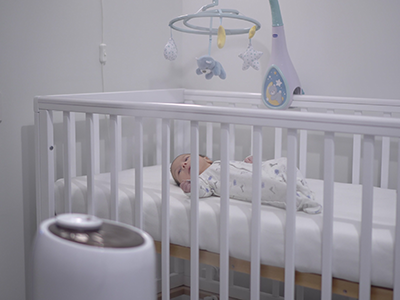



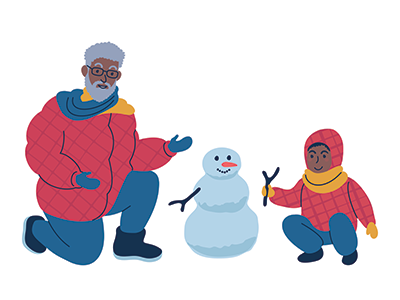
Leave a Comment
Want to join the discussion?Feel free to contribute!